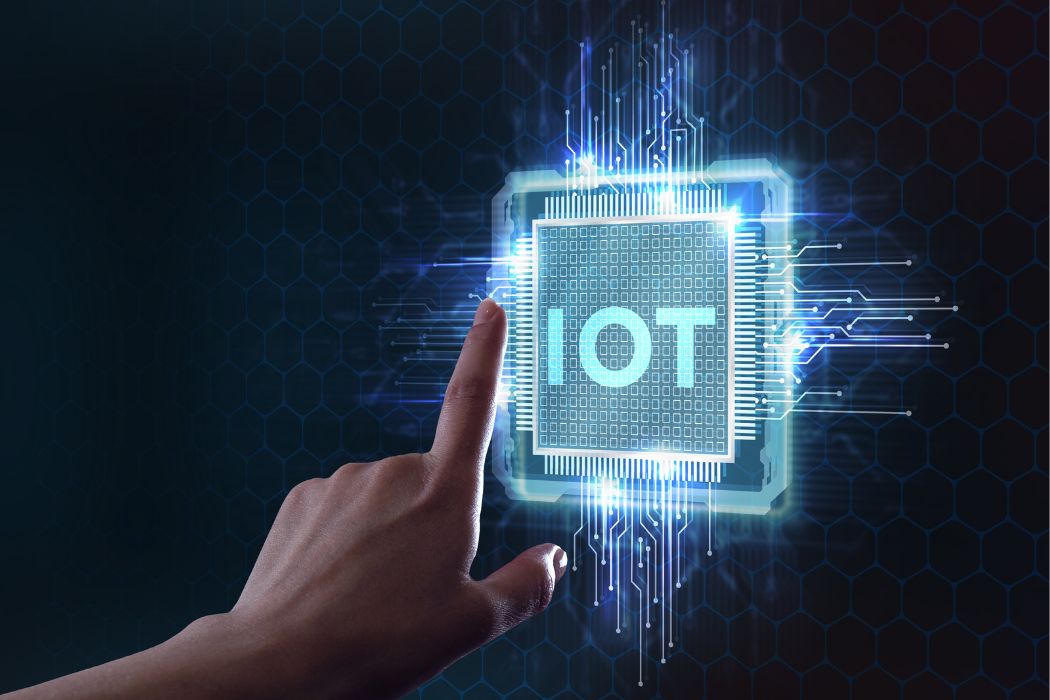The Internet of Things (IOT) is a system of interrelated devices that are embedded with sensors, software, and connectivity that enables them to collect, exchange and analyze data. It’s a network of physical devices, vehicles, home appliances, and other items that are embedded with electronics, software, sensors, and connectivity which enables them to connect and exchange data. The IOT is transforming the way we live, work, and interact with the world around us.
In simple terms, IOT refers to the interconnectedness of physical objects that have been equipped with sensors, software, and connectivity. This creates a network of devices that can communicate with each other and share data in real-time. The goal of IOT is to make our lives easier, safer, and more efficient by automating various processes and reducing the amount of time and effort required to complete tasks.
How is IOT Revolutionizing Our Lives?
IOT has the potential to revolutionize many aspects of our daily lives, from the way we work and play to the way we communicate and interact with each other. Here are just a few examples of how IOT is changing our world:
Home Automation
One of the most significant impacts of IOT is in the area of home automation. IOT devices can be used to control and monitor a variety of household appliances, including lighting, heating, cooling, and security systems. This allows homeowners to manage their homes remotely and make adjustments to their home environment with just a few taps on a smartphone or tablet.
Healthcare
IOT is also transforming the healthcare industry by providing patients with new and innovative ways to manage their health and wellness. Wearable devices, such as fitness trackers and smartwatches, can collect and transmit data on a patient’s activity level, heart rate, and sleep patterns, providing doctors with valuable information for making diagnoses and treatment decisions.

Transportation
IOT is changing the way we get around by providing real-time information and data on traffic conditions, fuel consumption, and vehicle performance. This allows drivers to make informed decisions about the best route to take, reducing the amount of time and fuel wasted on the road. Additionally, IOT-enabled vehicles can communicate with each other and with infrastructure, making roads safer and more efficient.
Energy Management
IOT is also transforming the energy sector by allowing utilities to monitor and control energy consumption in real-time. This enables them to identify patterns and make adjustments to reduce waste and improve efficiency. Additionally, IOT-enabled smart devices can be used in homes and businesses to monitor and control energy consumption, helping to reduce energy costs and promote sustainability.
Retail and Customer Service
IOT is also changing the way businesses interact with their customers. Retailers are using IOT-enabled devices, such as sensors and beacons, to gather data on customer behavior and preferences. This allows them to tailor their marketing and sales efforts to meet the specific needs of individual customers. Additionally, IOT is helping to improve customer service by providing real-time information and feedback on product performance, enabling companies to quickly address any issues or problems that may arise.
The Future of IOT
As the IOT continues to evolve and grow, it is expected to have an even greater impact on our daily lives in the coming years. Some experts predict that the number of IOT devices will grow to over 75 billion by 2025, and that the IOT will play a critical role in the development of new technologies, such as artificial intelligence and autonomous vehicles.
The potential for IOT to transform our world is unlimited, and it is clear that this technology will play a significant role in shaping the future. The IOT will continue to revolutionize the way we live, work, and interact with the world around us, offering new and innovative solutions for the challenges we face and improving our quality of life.
